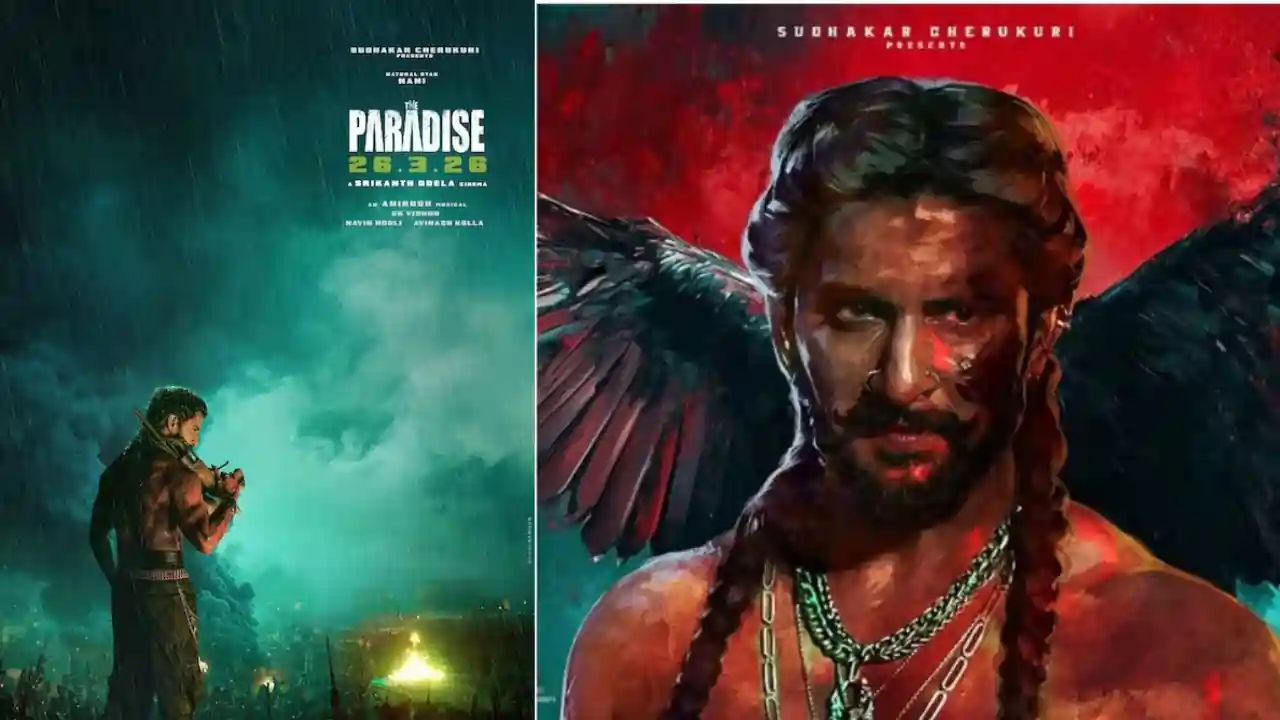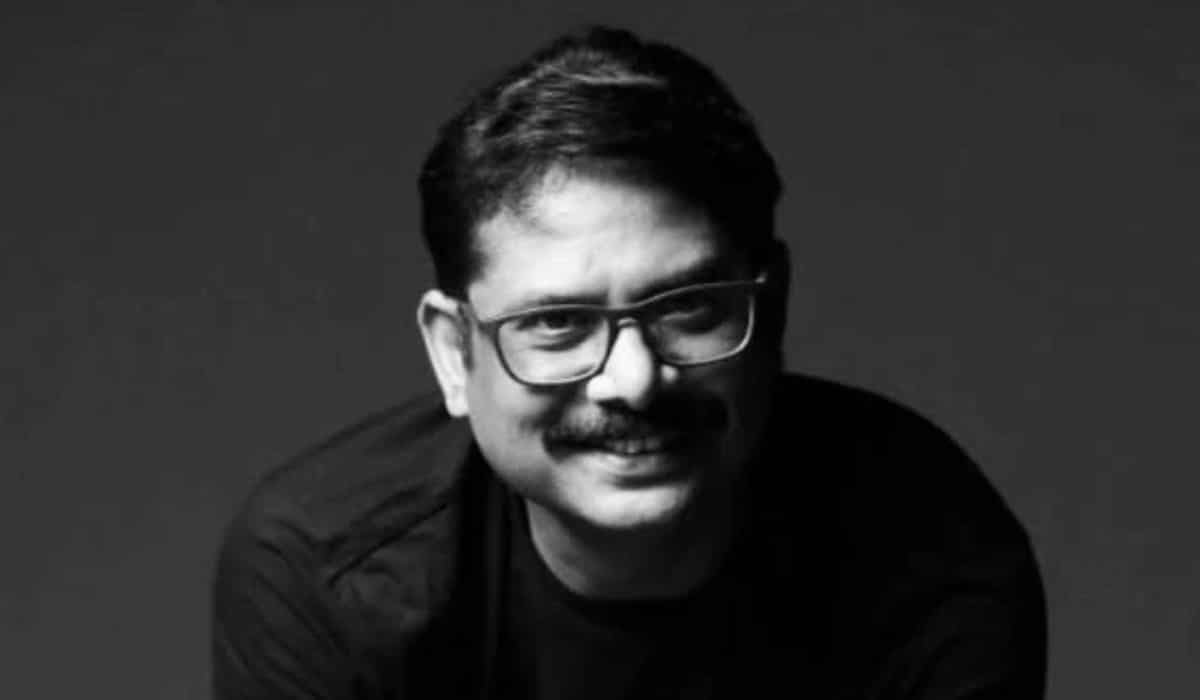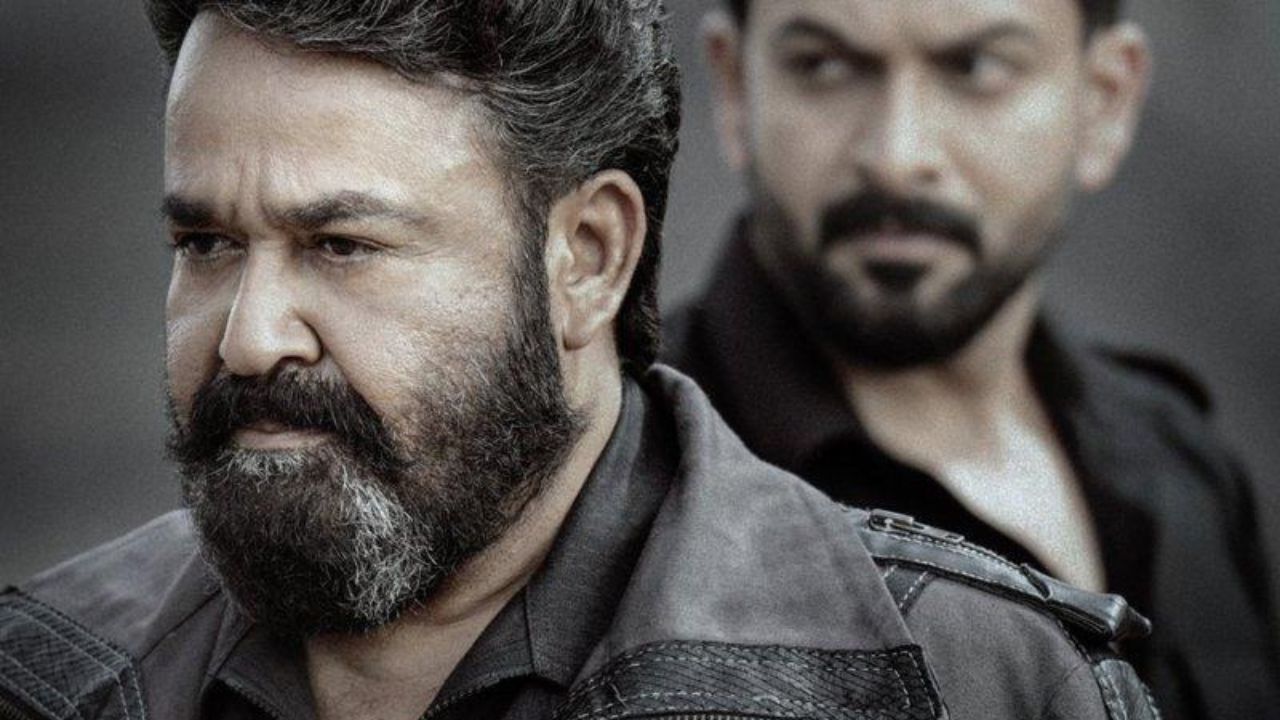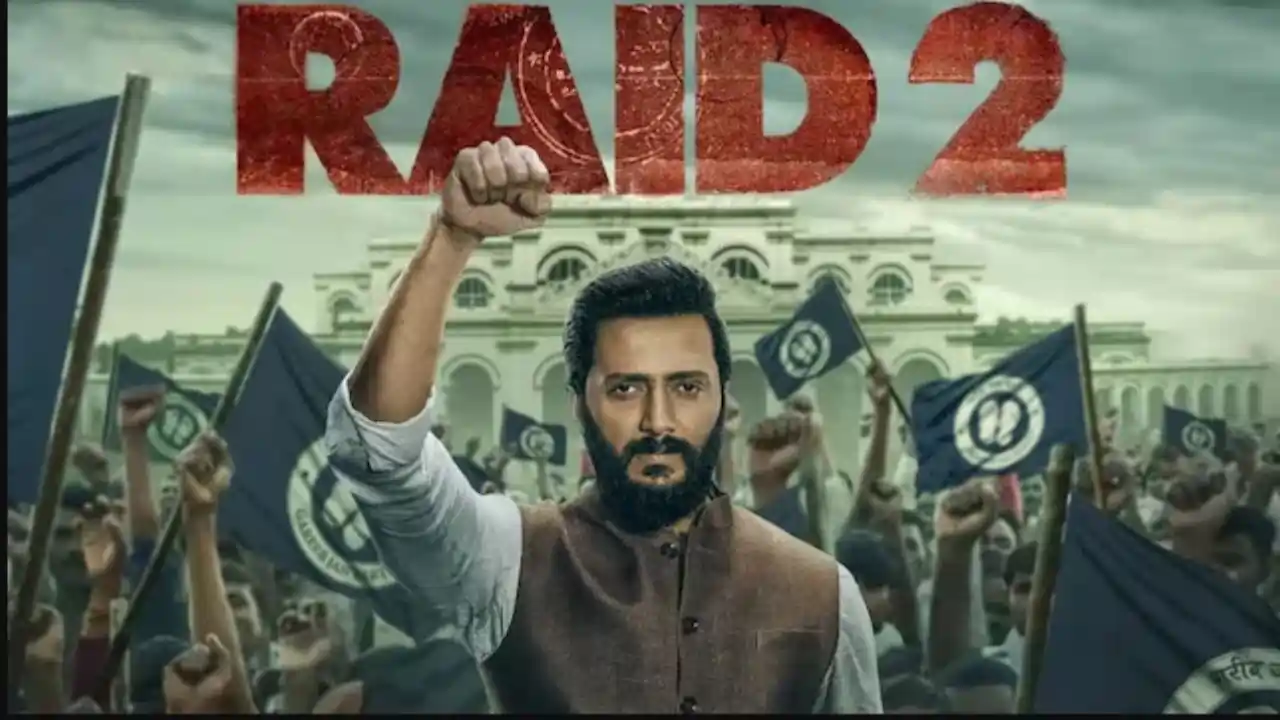
OK, Boomer: Why the best celebrity memoirs come from the young and famous
5 months ago | 5 Views
Two decades ago, when Paris Hilton released her glitzy, ditzy memoir, Confessions of An Heiress, critics and haters went wild. The press called it “almost witty”, “vapid”, “insensitive”. They missed that it was tongue-in-chic (The publisher’s pun, not ours. They actually put it on the cover). Who said memoirs had to be doddering tomes written only by nearly dead people, anyway?
The genre is brimming with books by the young and the famous. Soha Ali Khan’s 2017 memoir, The Perils of Being Moderately Famous, takes a light-hearted but necessary look at what it’s like to be on the fringes of fame. Mindy Kaling’s Is Everybody Hanging Out Without Me? (2011), tackles the comedian’s experiences with being Brown, ordinary-looking, a writer and an actor. It’s honest and hilarious. Karan Johar talks about losing his virginity in his 2016 book, An Unsuitable Boy. Malini Agarwal, founder of entertainment platform Miss Malini, and influencer Masoom Minawala have both written about how they shot to fame.
It’s not pop-culture trash, it’s a record of history as history is being made. “You could call it controlling the narrative, or putting your story on record,” says Chiki Sarkar, publisher and co-founder of Juggernaut Books. “But telling your story is, in fact, controlling your narrative.”

Champion wrestler Sakshi Malik’s memoir, Witness, which Juggernaut Books released this month, is distressing, unsparing and revelatory. She recounts the sexual harassment by Brij Bhushan Singh when he was the head of the Wrestling Federation of India, and how her family was opposed to her getting married because they wanted to control her finances. Sarkar says it’s an honest, frank story, rare for an Indian sportsperson. “That’s because she’s just an honest person by nature. Whenever she communicates, she says it as it is.” Who’d want end-of-life embers when they could have a conflagration right now?
Being young and popular doesn’t disqualify a person from having something to say. On the contrary, it offers a peek into the drama and insecurities behind swift bursts of fame. “There are different ways to approach a memoir,” says Bushra Ahmed, executive editor at HarperCollins India. “Each celebrity has a different style, voice, and public reception, which will shape the way they tell their stories. And all of these approaches are important.”

They also offer the celebrity a rare chance to go off-road, and connect with readers outside of the publicity machine. When former child-actor Jennette McCurdy released her memoir, I’m Glad My Mom Died, two years ago, the title was more than click bait. She’d detailed the abuse she suffered at the hands of her mother and the horrors of life on set as a child actor. In contrast, Trevor Noah’s 2016 memoir, Born a Crime, was a PoV of growing up as a mixed-race child in South Africa during apartheid. It’s both funny and sad. Malala, Miley Cyrus, Megan Rapinoe, and Zayn Malik have used their memoirs to talk about education, ambition, equality and mental health – none of them are over the age of 40.
Besides, it’s good to get a memoir out of the way early. For Kaling and Hilton, it cleared the deck for them to write more books later, when they’re different versions of themselves. And, let’s be honest, we all want a peek into the high life, the parties, the backstage drama. We want to know what it feels like to be young, rich, and famous. So, why criticise a tell-all for telling it all? “Any book with too much information is in fact a good book, especially a memoir. If they’re detailed and honest, it makes for better reading,” says Sarkar. “Tony Blair is so honest in his book that he talks of having sex with his wife!”
As Hilton herself said in Confessions, “There is no sin in life worse than being boring”. Life’s short. Why should Boomer businesspersons and historians get to control the narrative?
Read Also: The Brunch round-up: The week and how it made us feel




.webp)
















